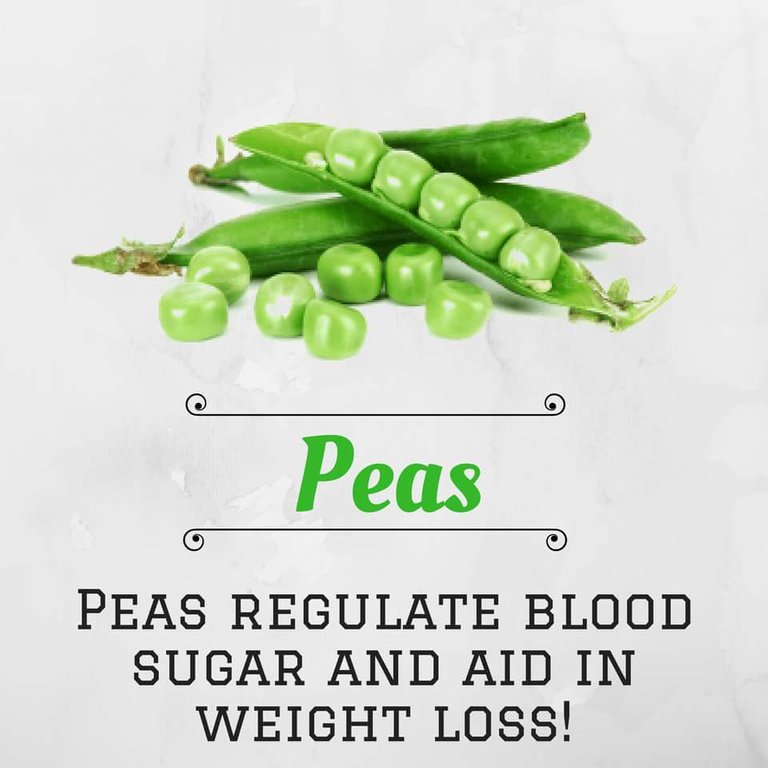Many people do not understand the relationship between their state of health and their eating habits. Perhaps this is because the effect of a poor diet on one’s health is not manifest immediately. But a healthful diet can prevent many illnesses. In fact, WHO estimates that up to 40 percent of cancer cases could be prevented by better eating habits and by exercise. But how can you improve your diet?
How to Improve Your Diet
Some consider food to be divided into three main groups. The first group includes cereals, such as corn, wheat, rice, oats, rye, barley, and millet, as well as tubers, such as potatoes and yams. These carbohydrates supply quick energy. The second group includes legumes, such as beans, soybeans, lentils, chick-peas, and broad beans, and some foods of animal origin, such as meat, fish, eggs, and milk and its derivatives. These are a source of protein, iron, zinc, and several vitamins. The third group includes fruits and vegetables. These provide essential vitamins and minerals. They also supply fiber and provide energy, and they represent the only natural source of vitamin C.
According to Dr. Héctor Bourges, director of nutrition at the Salvador Zubirán National Institute of Medical Sciences and Nutrition (INCMNSZ) of Mexico, a healthful diet must be complete, sufficient, and balanced. He suggests that we “include at least one food from each group in each meal and vary as much as possible the foods that are used within each group, as well as the form in which they are prepared.”
Consider the case of María. She and her family lived in Atopixco, a rural community in the state of Hidalgo, Mexico. They were very poor, and their basic diet consisted of tortillas, beans, pasta, rice, and hot peppers. In contrast with Angélica’s family, mentioned at the outset, their diet also included small squashes, chayotes, mushrooms, and potherbs, such as purslane and pigweed, many of which were gathered in the countryside. They tried to eat fruit in season occasionally. Their efforts resulted in better health.
Dr. Adolfo Chávez, head of the Applied Nutrition and Nutritional Education Department of the INCMNSZ, recommends using animal products to complement the dishes, not as the basis of the diet. For example, you might prepare a dish using just a few eggs combined with potatoes, vegetables, or beans. “This is what in [the field of] nutrition is known as ‘extending,’” says Dr. Chávez. A note of caution, however: Always wash fruits and vegetables carefully, especially those that are to be eaten raw.
A diet must also be suitable for each individual, and such factors as age, sex, and life-style must be considered. For adults, some suggest eating two portions of fruit and/or vegetables at each meal and increasing the consumption of whole-grain cereals and legumes. It is recommended by some that foods of animal origin be consumed only in small portions at each meal, with preference given to fish, skinless chicken, and lean meats. It is also suggested that the consumption of fats and sugars be limited.
Even those who live in developing countries and who are affected by poverty can sometimes improve their diet. How? By choosing nutritious foods and by varying and combining them, such as mixing cereals and legumes. By using small amounts of meat or eggs to enhance the nutritional value of a dish. By taking advantage of the green plants that grow in your area and of fruits in season.
Minji minji.
Interesting